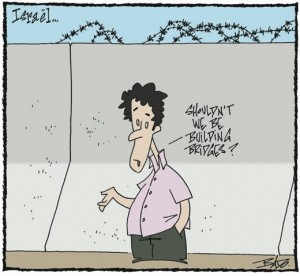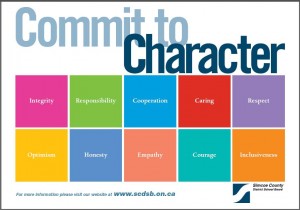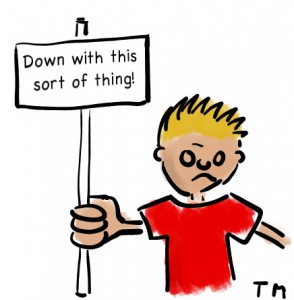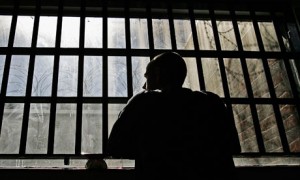A critical element of a functional democracy is an informed electorate. It is one of the most important checks against rampant corruption and abuse. Intelligent, well informed voters can ensure that checks and balances are put on government actions, and that the profits that arise from the sale of the country’s resources are spent on improving the lives of citizens.
So if you happened to be a corrupt politician, benefiting from bribes and kickbacks, you would have a strong desire to keep the populace uninformed. Now, in the past this was easier to do. You could, for example, mandate that only state approved information sources were to be used. Citizens are only allowed to read the ‘Banana Republic Daily.’ Perhaps you would fire teachers and close down schools in an attempt to keep the population illiterate. Or maybe you would put restrictions on travel to prevent the spreading of ideas.
Today, though, in the age of the internet and free information, it is much harder to stop people from learning, discussing, and sharing ideas. So what alternative does the poor corrupt politician have?
One obvious idea presents itself. If you can’t stop the populace from consuming information, then maybe the next best step is to pre-emptively stuff them with false, misleading, or simply useless data. Keep their brains occupied with the trivial, the meaningless, or the politically convenient. Better yet, try to scare them off of sources of information that have not been vetted. Teach them to be afraid of ideas that come from outside the country, that come from other political groups, that come from rigorous, peer-reviewed, reproducible research.
What would you end up with? A country that was deeply distrustful of foreigners, of intellectuals and of political opponents, but very well informed perhaps about local sports franchises, television dramas and the lives of non-political celebrities.
Fortunately, I can’t think of any places like that.







